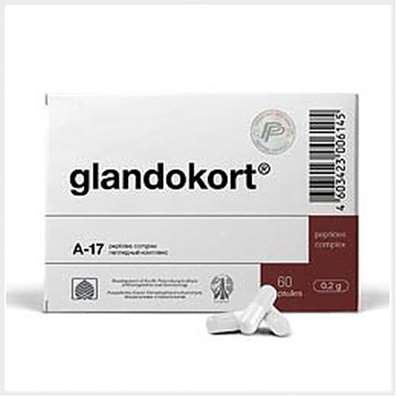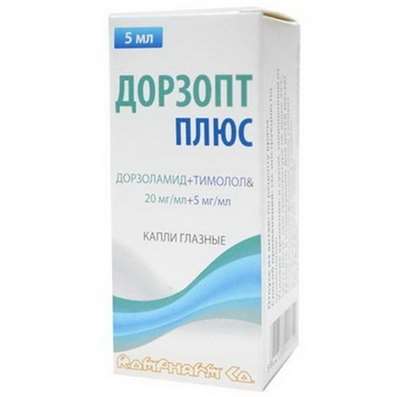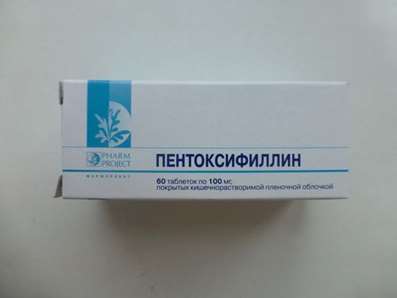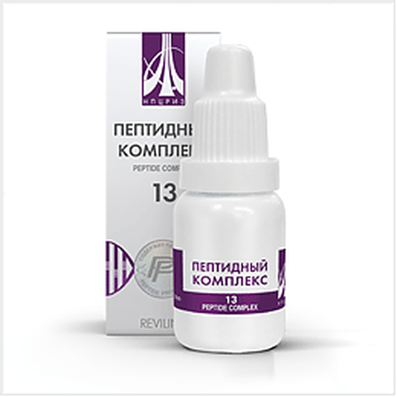Instruction for use: Metoprolol-Akri
I want this, give me price
Trade name of the drug – Metoprolol-Akri
Dosage Form: tablets
Active substance:Metoprololum
ATX
C07AB02 Metoprolol
Pharmacotherapeutic group: Beta-blockers
The nosological classification (ICD-10)
G43 Migraine: The pain of migraine; Migraine; hemiplegic migraine; Migraine headache; A migraine attack; Continuous headache; hemicrania
I10 Essential (primary) hypertension: hypertension; Arterial hypertension; Arterial hypertension crisis course; Essential Hypertension; Essential hypertension; Essential hypertension; Essential hypertension; Essential hypertension; Primary hypertension; Arterial hypertension, complications of diabetes; The sudden increase in blood pressure; Hypertensive disorders of blood circulation; hypertensive condition; hypertensive crises; arterial Hypertension; malignant Hypertension; Hypertonic disease; hypertensive crises; accelerated hypertension; malignant hypertension; The aggravation of hypertensive disease; Transient hypertension; Isolated systolic hypertension
I15 Secondary hypertension: Arterial hypertension, complications of diabetes; hypertension; The sudden increase in blood pressure; Hypertensive disorders of blood circulation; hypertensive condition; hypertensive crises; hypertension; arterial Hypertension; malignant Hypertension; hypertensive crises; accelerated hypertension; malignant hypertension; The aggravation of hypertensive disease; Transient hypertension; hypertension; Arterial hypertension; Arterial hypertension crisis course; renovascular hypertension; Hypertension symptomatic; Renal hypertension; Renovascular hypertension; renovascular hypertension; Symptomatic hypertension
I20 Angina [angina]: Heberden disease; Angina pectoris; The attack of angina pectoris; recurrent angina; Spontaneous angina; Stable angina pectoris; Angina rest; Angina progressing; Angina mixed; Angina spontaneous; stable angina; Chronic stable angina; Angina Syndrome X
I25.2 Transferred last myocardial infarction: Cardiac syndrome; Myocardial infarction; post-MI; Rehabilitation after myocardial infarction; Reocclusion of the operated vessel; Angina postinfarctnaya; Status after myocardial infarction; Status after myocardial infarction; myocardial infarction
I47.1 Supraventricular tachycardia: Supraventricular paroxysmal tachycardia; supraventricular tachyarrhythmia; supraventricular tachycardia; Supraventricular arrhythmias; Supraventricular paroxysmal tachycardia; supraventricular tachyarrhythmias; supraventricular tachycardia; Neurogenic sinus tachycardia; orthodromic tachycardia; Paroxysmal supraventricular tachycardia; Paroxysm of supraventricular tachycardia; Paroxysm of supraventricular tachycardia with WPW-syndrome; Paroxysm of atrial tachycardia; Paroxysmal supraventricular tachyarrhythmia; Paroxysmal supraventricular tachycardia; Politopnye atrial tachycardia; Atrial fibrillation; Atrial tachycardia is true; Atrial tachycardia; Atrial tachycardia with AV block; reperfusion arrhythmias; Reflex Bertsolda-Jarisch; Recurrent sustained supraventricular paroxysmal tachycardia; Symptomatic ventricular tachycardia; Sinus tachycardia; Supraventricular paroxysmal tachycardia; supraventricular tachyarrhythmia; supraventricular tachycardia; supraventricular arrhythmia; supraventricular arrhythmias; Tachycardia of AV connections; supraventricular tachycardia; Tachycardia orthodromic; sinus tachycardia; The nodal tachycardia; Chaotic atrial tachycardia politopnye; Wolff-Parkinson-White
I49.4 Other and unspecified premature depolarization: extrasystole arrhythmia; extrasystole; extrasystole unspecified
I49.9 Irregular heartbeat, unspecified: Paroxysmal supraventricular tachycardia; extrasystole arrhythmia; Atrial fibrillation tachysystolic; supraventricular tachyarrhythmia; supraventricular arrhythmias; AV reciprocating tachycardia; AV-nodal reciprocating tachycardia; ventricular fibrillation; Irregular heartbeat; Antidromic reciprocating tachycardia; Cardiac arrhythmias; Arrhythmias; Arrhythmia; Heart arythmy; Arrhythmia due to hypokalemia; ventricular tachyarrhythmias; The high frequency of ventricular contraction; Cardiac arrhythmias; Paroxysmal supraventricular arrhythmia; Paroxysmal supraventricular arrhythmia; Paroxysmal dysrhythmia; Paroxysmal atrial-ventricular rhythm; cardiac arrhythmias; supraventricular tachycardia; tachyarrhythmia; Precordial abnormal pulsation
Composition (per tablet): 1 tablet contains 50 mg of metoprolol tartrate; in blisters of 10 pcs., in a cardboard 3 bundle packaging.
Pharmacological Properties of Metoprolol-Akri
Pharmachologic effect - antianginal, antihypertensive, anti-arrhythmic.
Selectively blocking beta1-adrenergic receptors.
Pharmacodynamics
Decreases automaticity of the sinus node, the heart rate slows, slows AV-conduction, reduces the excitability of myocardial contractility and cardiac output, myocardial oxygen demand. It weakens the stimulating effect of catecholamines on the myocardium during physical and psycho-emotional stress.
Clinical pharmacology
The hypotensive effect develops gradually and is stabilized by the end of the 2nd week of treatment. When angina reduces the incidence and severity of attacks. It normalizes the heart rhythm during supraventricular tachycardia and atrial fibrillation. Against the background of the drug in patients with myocardial infarction reduces the risk of mortality and the occurrence of re-infarction (heart attack due to the limitation and reduction of area at risk of fatal arrhythmias).
Indications for Metoprolol-Akri
Hypertension, angina pectoris (prevention of attacks), cardiac arrhythmias (supraventricular tachycardia, arrythmia); hyperkinetic cardiac syndrome, secondary prevention after myocardial infarction, prevention of migraine attacks.
Contraindications for Metoprolol-Akri
Hypersensitivity, AV-block II and III degree, sinus block, bradycardia, hypotension, congestive heart failure II and stage III, acute heart failure, cardiogenic shock, metabolic acidosis, asthma, expressed disturbances of peripheral circulation; simultaneous reception of MAO inhibitors.
Side effect of Metoprolol-Akri
From the nervous system and sensory organs: weakness, fatigue, headache, dizziness, depression, sleep disorders, nightmares, cramps, feeling cold and paresthesias in extremities, conjunctivitis, reduced secretion of tear fluid.
Cardio-vascular system and blood: bradycardia, hypotension, a violation of AV-conduction, heart failure with peripheral edema, thrombocytopenia.
From the respiratory system: rhinitis, bronchial obstruction symptoms (in predisposed patients).
From the digestive tract: dry mouth, vomiting, diarrhea or constipation, abnormal liver function.
Allergic reactions: rash, pruritus.
Other: hypoglycemic state (in diabetic patients).
Dosage and Administration
Inside, treatment is initiated with 100 mg per dose 1-2 reception. With the lack of expression of the therapeutic effect of the daily dose is gradually increased. The maximum daily dose of 400 mg.
Precautionary measures
Be wary appoint diabetes (especially labile under current), Raynaud's disease, peripheral circulatory disorders, pheochromocytoma, expressed violations of liver and kidney function. Patients who use contact lenses, you must consider the possible reduction of production of tear fluid. Long-term treatment should be stopped gradually (at least 10 days).
In carrying out during the treatment surgery, the drug of choice should be an anesthetic with the least negative inotropic effect. In the case of intended use for anesthesia chloroform or ether is necessary to stop taking the drug for several days.
Storage conditions of Metoprolol-Akri
In a dry, dark place at a temperature no higher than 25 ° C.
Keep out of the reach of children.
Shelf life
3 years.
Do not use beyond the expiration date printed on the package.

 Cart
Cart





